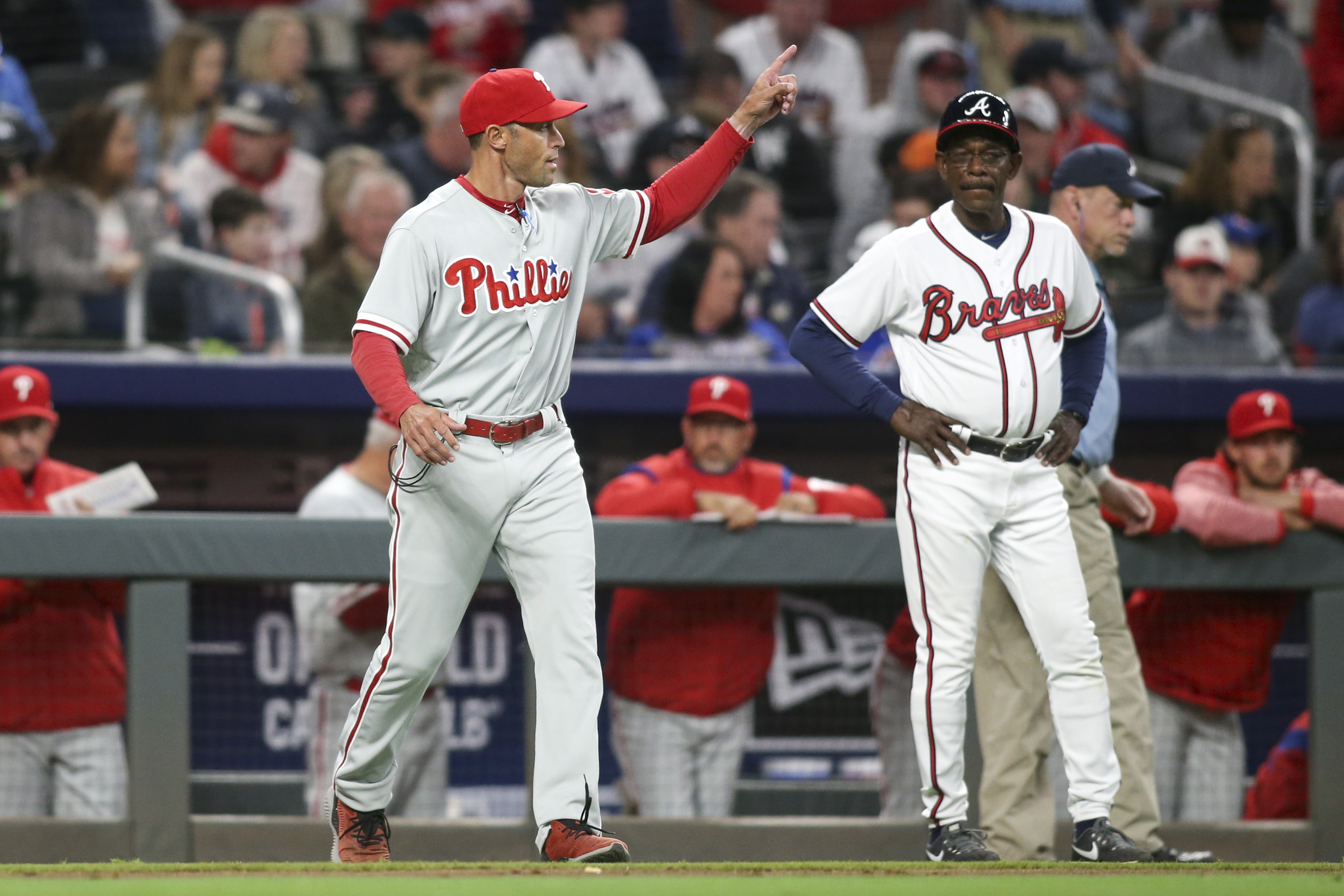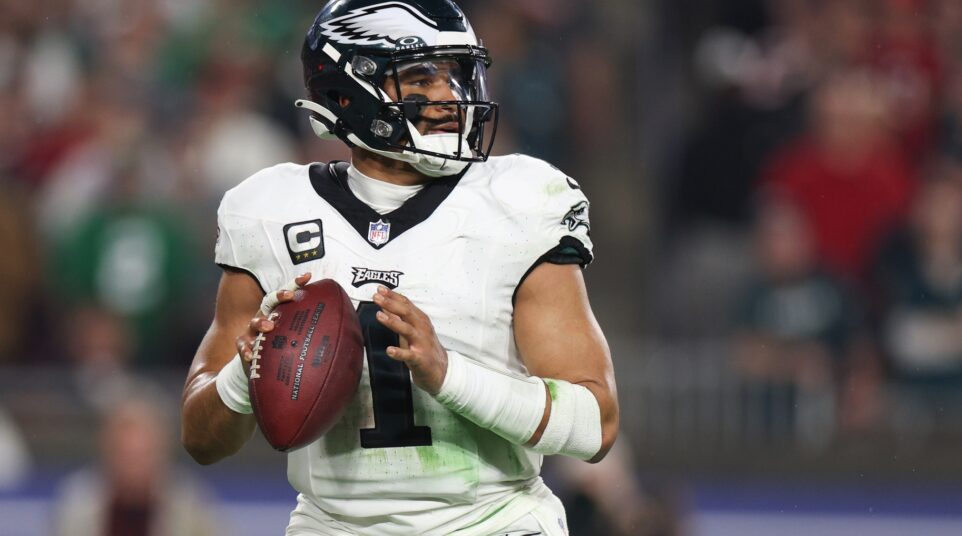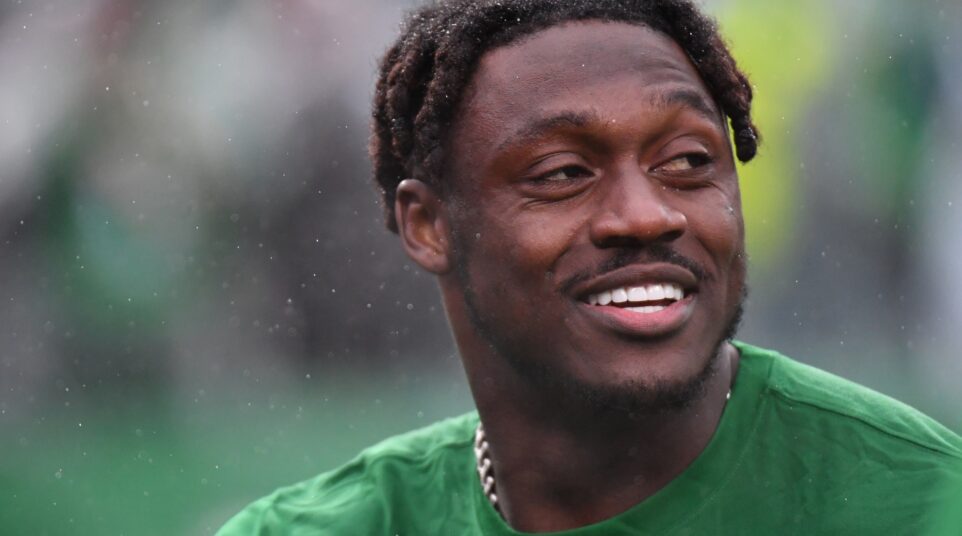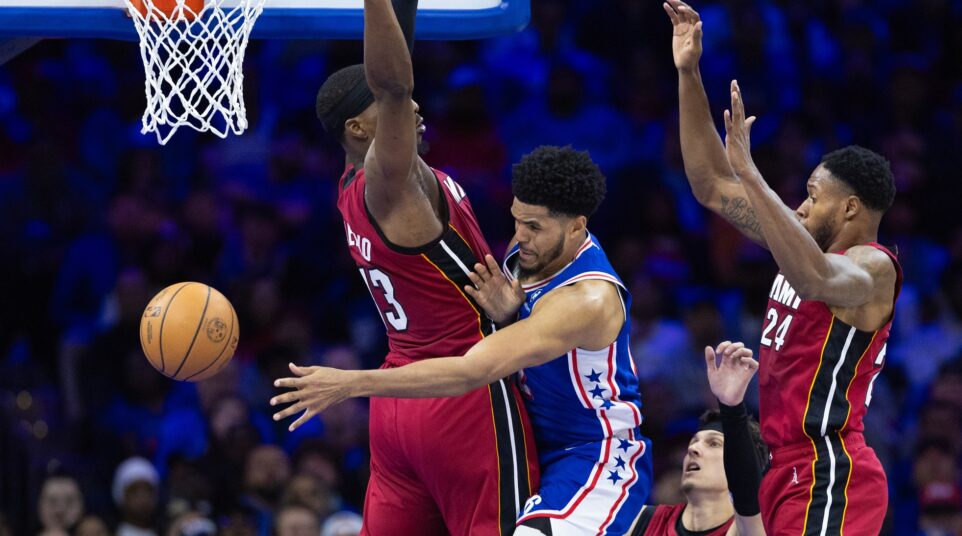
Gabe Kapler Might Be In Over His Head
Does experience matter anymore in baseball?
It’s a question that has nagged me throughout MLB’s Sabermetrics era, and one I entertained again as I watched Gabe Kapler stumble through his first regular season series as manager of the Philadelphia Phillies.
Kapler’s hiring came as a surprise this offseason, but in retrospect it shouldn’t have been all that shocking. Kapler fits the profile of the type of candidate toward which teams are gravitating. He’s relatively young, bills himself as an excellent communicator, and takes an analytics-friendly approach to the game. In an offseason that saw the Red Sox jettison John Farrell for Alex Cora and the Yankees replace Joe Girardi with Aaron Boone, it’s clear that the Phillies’ selection of Kapler is not an outlier.
Yet, the only managerial accomplishment to which Kapler can lay claim is his ability to ace a job interview. He certainly knows how to say the right things, as evidenced by this quote from his introductory press conference, courtesy of MLB.com’s Paul Hagen:
“I don’t have one specific strategy, nor will I ever have one specific strategy,” Kapler said. “But I can tell you I’ll take the opinions of the other men in that dugout to make sure I get a well-rounded view of every situation in particular and make the best decision for the Philadelphia Phillies in the moment. And that strategy might change from one game to the next.
“Where I come out on strategy is to find every bit of information, whether it be traditional information, small-ball information, big-ball information, medical information. Just every little detail with how a player is to match up with another player, and then make the decision.”
Kapler arrived in Philadelphia after three seasons in the Los Angeles Dodgers organization, where he served as Director of Player Development. His credentials include one season as a minor league manager, which occurred a decade ago.
In choosing Kapler, the Phillies passed over the eminently qualified Dusty Wathan, who had shepherded a number of the players on the major league roster through Philadelphia’s minor league pipeline. Wathan, who currently serves as the Phillies’ third base coach, managed at every level of the Phillies’ minor league system in the past nine years. Apparently, his record and resume did not have the same impact on the front office as Kapler’s rhetoric and mastery of the mysteries of the spray chart.
BWanksCB already provided a thorough dissection of Kapler’s tumultuous weekend, so I’ll avoid delving into specific detail about the tactical blunders that marred the beleaguered skipper’s debut. Suffice it to say that confounding one of the best pitchers on the roster by giving him an early hook, overtaxing the bullpen, and aggravating Major League Baseball does not a successful debut make.
One of the stated reasons for firing Pete Mackanin was that the Phillies had “reached a turning point in the rebuild,” according to general manager Matt Klentak. In other words, the team had exceeded expectations to such a degree that the front office decided to accelerate the deliberative pace of the franchise’s reconstruction.
The signings of Jake Arrieta, Carlos Santana, Pat Neshek, and Tommy Hunter all suggested that the Phillies were determined to compete for a playoff spot this season, or at least live on the postseason fringe. There is some legitimate young talent on this roster in the form of Rhys Hoskins, Scott Kingery, J.P. Crawford, Odubel Herrera, Jorge Alfaro, Cesar Hernandez, Aaron Altherr, and (maybe) Maikel Franco, among others. It’s not unreasonable to think the organization is ready to make a leap.
However, as the Phillies begin to emerge from the cellar of the National League, it seems the team has to endure the growing pains of a novice manager who can’t master the basic task of executing a pitching change. Moreover, does anyone really believe that Kapler would pull Arrieta 68 pitches into an outing that resembled Aaron Nola’s performance in the season opener? The quick hook apparently is a favored tactic of the Dodgers brain trust, which prefers to pull a starter before his third turn through a lineup. Of course, the Dodgers also boast the third-highest payroll in baseball and a much better bullpen than the rebuilding Phillies, but why let some inconvenient facts get in the way of a winning strategy?
Now that I think about it, when was the last time the Dodgers pulled Clayton Kershaw in the sixth inning of a two-hit shutout with fewer than 70 pitches on his line? Hell, the Dodgers let Rich Hill trot out for the 10th inning to preserve a no-hit bid last season.
If Kapler had a bit more experience under his belt, maybe he wouldn’t have looked like a guy trying to play chess with checkers pieces this past weekend. He treated the serviceable but limited Hoby Milner like he was Andrew Miller. In removing Nola from a game of which he was firmly in control, Kapler blew out a bullpen that was already hampered by the absences of Neshek and Hunter. By the ninth inning of the opener, the matchup-obsessed Kapler had boxed himself into a corner, forcing his team into a sub-optimal situation in which Hector Neris had to face Nick Markakis, who continued his success against the Phillies reliever by hitting a walkoff three-run homer.
At a certain point, Kapler will need to recalibrate. There’s absolutely nothing wrong with making liberal use of advanced metrics and constantly re-shuffling fielders in order to best position the defense. Moreover, it’s refreshing to see a manager eschew the tired logic of slotting someone into the lineup simply because he’s considered an everyday player. But there needs to be balance and consistency. One set of rules for emerging young players and another for established veterans won’t fly. Most importantly, a manager who places more faith in his untested philosophies than in the talents of his players will quickly lose the locker room, especially when the results don’t justify the optimism.
After the series with the Braves, MLB.com’s Todd Zolecki recorded this telling quote from Kapler:
“I’m keeping the long view in mind,” Kapler said. “This is not about three games, this is not about one game. It’s about 162 games and a postseason. And I won’t come off that position, because it’s what I believe in my heart. … I am remaining 100 percent positive. I believe in this club. There’s no chance that I’m going to let three games, two of them tougher, derail what we’re trying to accomplish here — which is to go to the postseason in 2018, which I believe we will do.”
Kapler may very well believe in his players, but do they believe in him? If the manager fails to learn from the mistakes he made this weekend, the answer will be apparent soon enough, and a lost series will devolve into a lost season.





